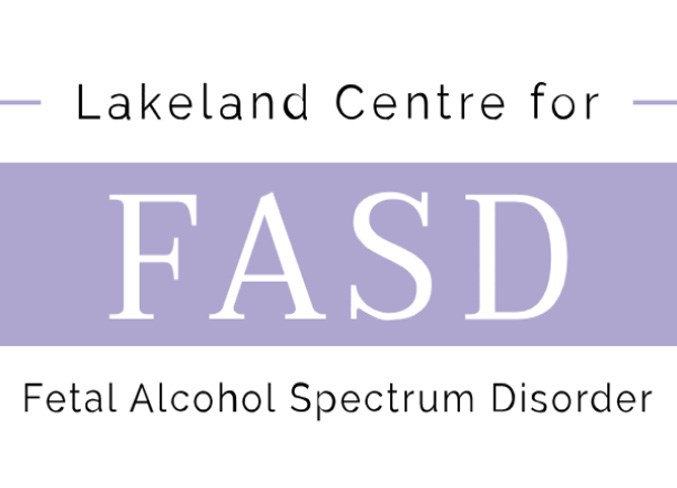The Lakeland Centre for FASD isn’t letting anyone fall through the cracks.
The centre offers supports for expectant mothers, anyone yet to be diagnosed, and those already diagnosed with fetal alcohol spectrum disorder (FASD).
“The Lakeland Centre for FASD has been in operation since early 2001. We provide lifelong supports from prevention to diagnosis, to intervention,” Lisa Murphy, program manager for the Lakeland Centre for FASD explained.
Their programming is available to those living across the Lakeland, including Cold Lake, Bonnyville, St. Paul, Lac La Biche, Smoky Lake, the four Métis Settlements, and First Nations communities.
Murphy said, “We have a number of programs for prevention, one being the mothers-to-be mentorship program. This is an intensive outreach program supporting high-risk women for three years following the birth of their child.”
They also offer a nine bed residential treatment centre specializing in women who are pregnant and are at risk of drinking during their pregnancy.
The 2nd Floor Women’s Recovery Centre in Cold Lake helps current and future mothers from across the Lakeland.
Prevention programming is open to all women, not just those diagnosed with FASD, Murphy confirmed.
The Lakeland centre isn’t only about preventing FASD. They also offer diagnosis assistance.
“This is done by a multi-disciplinary team consisting of physicians, physiologists, occupational therapists, speech-language pathologists, and many community support services,” explained Murphy.
The adult, children’s, and complex youth teams work on diagnosing FASD, a disability that isn’t always visual.
“With FASD, it’s different from other disabilities… It’s known as the invisible disability, because unlike many disorders, few people have distinct physical features. The challenges are mainly brain-based. Many people with FASD struggle with memory, learning disabilities, language impairments, executive functioning. It’s very complex and it makes it difficult to serve under traditional terms,” Murphy detailed.
She added, each diagnosis is as unique as the supports someone with FASD needs.
This is because the way alcohol impacts the fetus as it’s growing differs for every individual.
“We understand the diagnosis and we’re really here to foster some of those strengths in each individual. We don’t turn people away. We’re here to help,” stressed Murphy.
The diagnostic clinics are mobile, and travel as close to their patient as possible.
“Every person, every child or adult who is seen in our diagnostic clinic is connected to an outreach worker or FASD coordinator. This is the beginning of our outreach programs,” noted Murphy. “In this post-diagnostic support, we’re there to help individuals and their families understand their particular challenges and strengths. We help set-up and build supports around them and ensure that all of those supports understand the diagnosis.”
Their employment programming helps someone with FASD either build or strengthen the skills they need for work, and assists employers in understanding “the diagnosis of FASD and what types of strategies they may need to ensure their employees are successful.”
Murphy said the centre is excited about their newest edition, counselling services. They help those with FASD with social and life skills.
“We’re really excited about that,” she expressed.
The centre offers a summer camp for kids seven to 17-years-old who have been diagnosed with FASD.
Murphy said the centre is important for the region because “there are no other supports available for people with FASD.”
“We have lots of community supports, which are amazing and available to offer different kinds of support, however, FASD is such a complex disability. Each person’s needs are different,” she continued. “It’s really important that those supports are individualized for each person.”
There is always room to grow, and for Murphy, if funding was no object, she would love to see their programming grow to its full potential.
“I think the Lakeland Centre for FASD has done a fabulous job for creating programming when there hasn’t been any. We started off much smaller than what we are now. What we have done over time is create new programs to hit that marker so folks aren’t falling through the cracks,” she expressed. “I think if funding were available, we could definitely do more with it and enhance the services that we have.”
According to Murphy, latest research indicates about four per cent of people living in Canada have FASD, a statistic she feels is reflected in the Lakeland.
“There are many out there that aren’t being diagnosed, but it’s still quite prevalent.”
For more information about their services call the Lakeland Centre for FASD at 1-877-594-5454.



